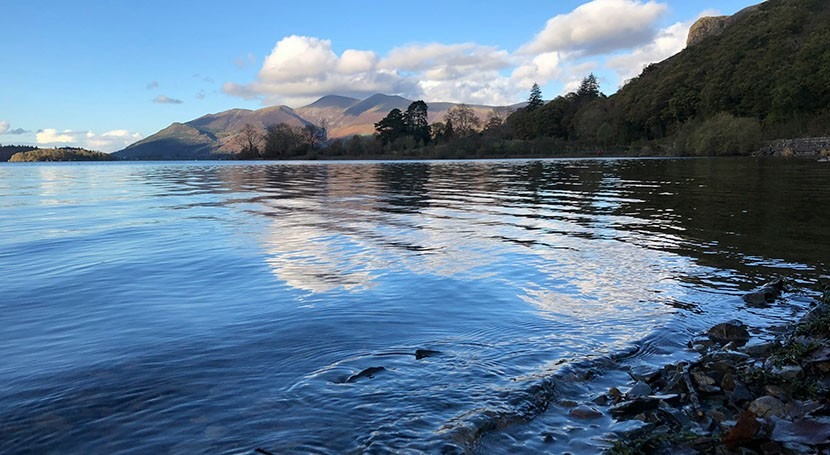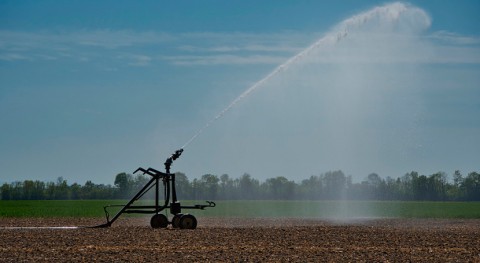Anoxia threatens inland waters worldwide. Once it has occurred in a lake, the lack of oxygen even sets in motion a downward spiral that accelerates with increasing global warming. This is indicated by the results of an international study involving researchers of TU Bergakademie Freiberg, which were published in Global Change Biology.
According to the study, lakes that were once affected by a lack of oxygen in deep water are affected again the following year. As a result, the living conditions for fish and invertebrates continue to deteriorate, greenhouse gases are increasingly released and nutrient cycles are intensified.
For the study, the international research team analyzed long-term data from more than 600 lakes for the first time—primarily in North America and Europe. Based on the data, co-author Junior Professor Maximilian Lau from TU Bergakademie Freiberg concludes, "If a lake falls below a critical oxygen content in one year, there is a very high probability that it will be affected by even more severe oxygen deficiency in the following year."
He adds, "Although this problematic vicious circle can be deduced from previous knowledge of nutrient dynamics, our team has now been able to decipher the effect of the processes involved for the first time thanks to the large sample size."
With data from more than 100,000 independent measurement campaigns, the study thus clarifies the reciprocal relationship between water temperature, nutrient retention in the sediment, the development of planktonic algae and oxygen deficiency. Thanks to these findings, the team can predict the susceptibility of water bodies to further oxygen crises. The results can now help researchers and authorities to better understand the health of lakes and improve them through targeted nutrient management.
New data enables long-term study
The long-term data analyzed on the levels of phosphorus, chlorophyll and oxygen in the water came from 656 lakes and was provided by scientists from the collaborative GLEON network (Global Lake Observatory Network). The study team was particularly interested in data from those lakes that are already showing signs of oxygen depletion. These are often located in the temperate zone of Europe and North America, which is particularly characterized by human activity.
"The data and expertise exchanged within GLEON was central to this project. By working together, we were able to characterize the strength and ubiquity of the oxygen depletion feedback in over 600 lakes on five continents," says lead author Abby Lewis from Virginia Tech.
How oxygen depletion occurs in lakes
In general, rising temperatures favor an extension of the stratification period of lakes. During stratification, the exchange of water between warm layers near the surface and deep, cold layers is more difficult. Climate change is increasing the duration and stability of this so-called thermal stratification of lakes, particularly due to the increasingly early onset of spring. This gives the decomposition processes more time to completely use up the limited oxygen supply in the deep water. In addition, rising temperatures favor the increased formation of algae.
If the algae die, they are decomposed by bacteria at the bottom, which use up the oxygen. This leads to a lack of oxygen in the lake, especially in the deepest parts. Persistent oxygen deficiency leads to the death of almost all higher organisms in the water.






